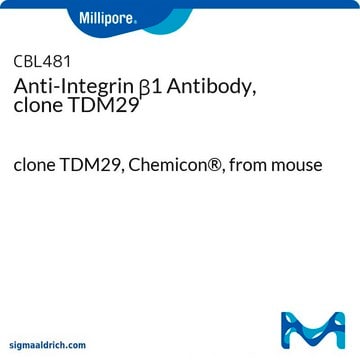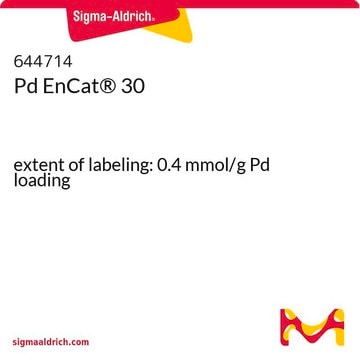E27408
1,2-Dimethoxyethane
ReagentPlus®, ≥99%, inhibitor-free
Synonym(s):
mono-Glyme, Dimethylglycol, Ethylene glycol dimethyl ether, Monoglyme
About This Item
Recommended Products
vapor density
3.1 (20 °C, vs air)
Quality Level
vapor pressure
48 mmHg ( 20 °C)
product line
ReagentPlus®
Assay
≥99%
form
liquid
autoignition temp.
396 °F
expl. lim.
10.4 %
impurities
≤0.5% (water)
refractive index
n20/D 1.379 (lit.)
pH
7
bp
85 °C (lit.)
mp
−58 °C (lit.)
density
0.867 g/mL at 25 °C (lit.)
SMILES string
COCCOC
InChI
1S/C4H10O2/c1-5-3-4-6-2/h3-4H2,1-2H3
InChI key
XTHFKEDIFFGKHM-UHFFFAOYSA-N
Looking for similar products? Visit Product Comparison Guide
General description
Application
- Oxazoles from α-acylamino ketones via Robinson-Gabriel reaction.
- 5-Arylhistidines via Suzuki-Miyaura cross-coupling between 5-bromohistidine and arylboronic acids.
- Aryl thioethers via Pd-catalyzed thioetherification of aryl halides with aliphatic and aromatic thiols.
Legal Information
related product
Signal Word
Danger
Hazard Statements
Precautionary Statements
Hazard Classifications
Acute Tox. 4 Inhalation - Flam. Liq. 2 - Repr. 1B - Skin Irrit. 2
Supplementary Hazards
Storage Class Code
3 - Flammable liquids
WGK
WGK 1
Flash Point(F)
41.0 °F - closed cup
Flash Point(C)
5 °C - closed cup
Regulatory Listings
Regulatory Listings are mainly provided for chemical products. Only limited information can be provided here for non-chemical products. No entry means none of the components are listed. It is the user’s obligation to ensure the safe and legal use of the product.
PRTR
Class I Designated Chemical Substances
FSL
Group 4: Flammable liquids
Type 1 petroleums
Hazardous rank II
Water soluble liquid
ISHL Indicated Name
Substances Subject to be Indicated Names
ISHL Notified Names
Substances Subject to be Notified Names
JAN Code
E27408-VAR:
E27408-18L-CS:
E27408-500ML:
E27408-2.5L:
E27408-20L:
E27408-5ML:
E27408-25L:
E27408-10L:
E27408-18L:
E27408-3L:
E27408-6X500ML:
E27408-100ML:
E27408-1L:
E27408-BULK:
E27408-4L:
E27408-PZ:
Certificates of Analysis (COA)
Search for Certificates of Analysis (COA) by entering the products Lot/Batch Number. Lot and Batch Numbers can be found on a product’s label following the words ‘Lot’ or ‘Batch’.
Already Own This Product?
Find documentation for the products that you have recently purchased in the Document Library.
Our team of scientists has experience in all areas of research including Life Science, Material Science, Chemical Synthesis, Chromatography, Analytical and many others.
Contact Technical Service









